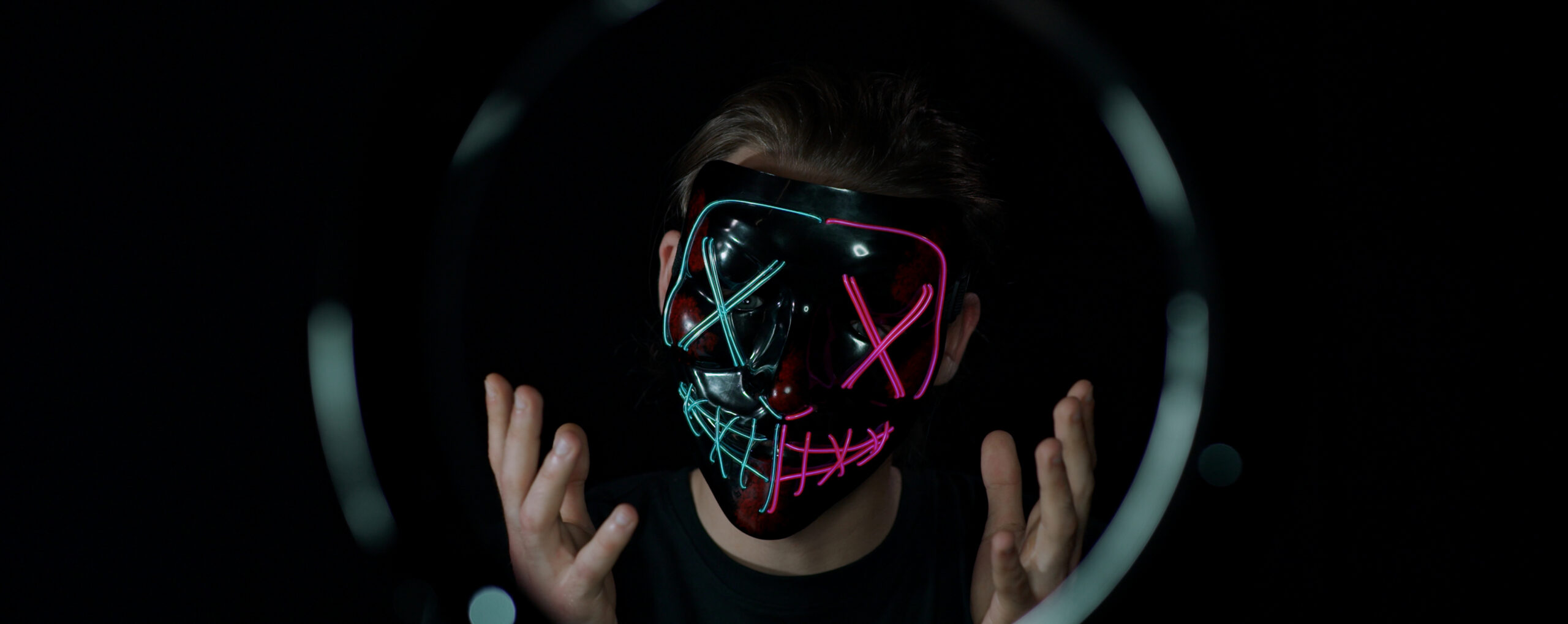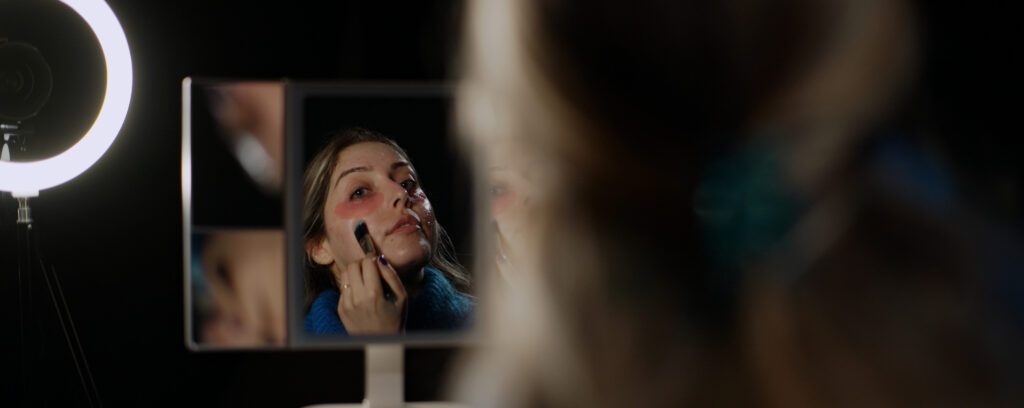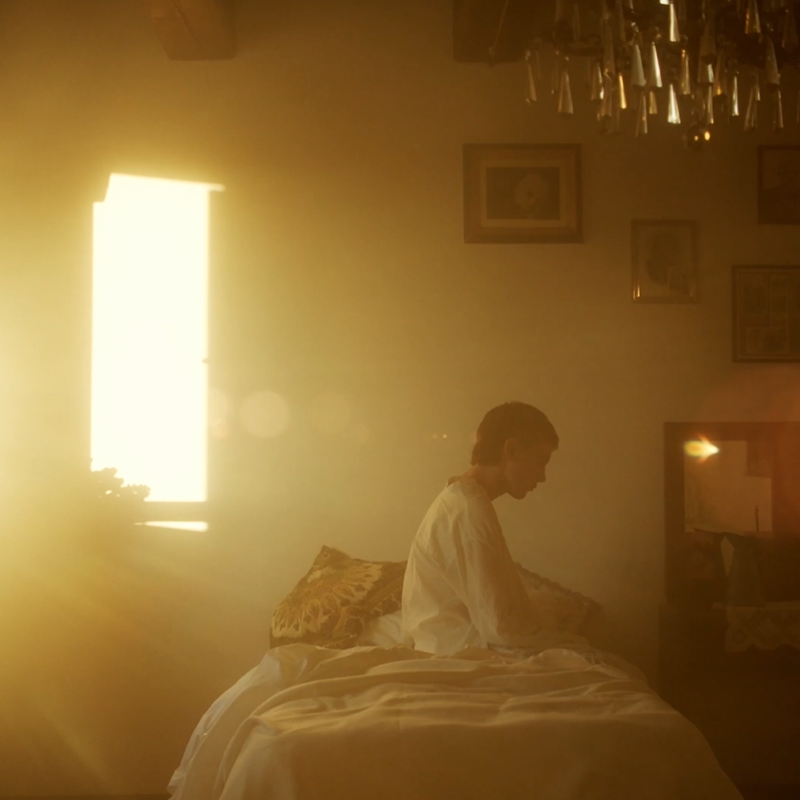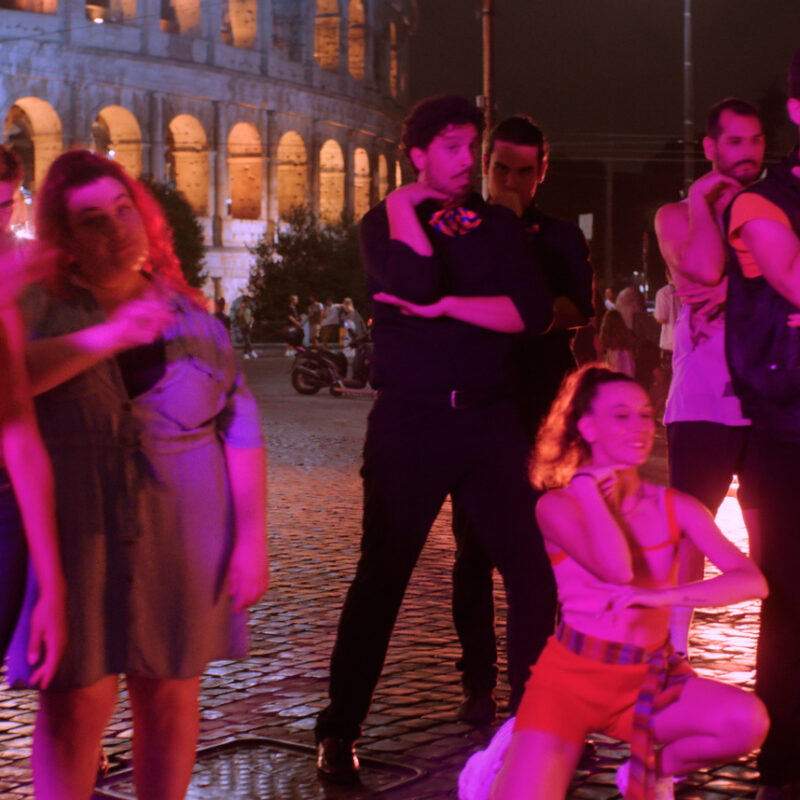intervista a Giacomo Scocco, regista del cortometraggio “Bulimia di Follower”, proiettato in occasione del Frankenstein Factory organizzato da Joyful People Company in collaborazione con Premiere Film
Parlaci un po’ di te, di come sei arrivato nel mondo del cinema.
Mi chiamo Giacomo Scocco e sono nato a San Benedetto del Tronto nel 2000. Dopo aver conseguito il diploma scientifico, mi sono subito dedicato alla mia passione: il cinema, nata guardando film. Per questo motivo ho deciso di iscrivermi alla Focus Movie Academy a Firenze, in cui, dal 2019 al 2022 ho studiato filmmaking e ho scritto, diretto e prodotto due cortometraggi: “Divertissement” e “Bulimia di Followers”. Inoltre, in questo periodo, ho lavorato come aiuto e primo assistente regia in vari cortometraggi. Diplomatomi nell’agosto 2022, nei mesi di ottobre e novembre sono stato secondo assistente regia nel film “L’Anima Salva” diretto da Federica Biondi, al momento in post-produzione. A gennaio mi sono trasferito a Roma e in questo momento sto scrivendo il mio primo film.
Tell us about yourself and how your passion for cinema was born.
My name is Giacomo Scocco and I was born in San Benedetto del Tronto in 2000. After getting my scientific diploma, I immediately devoted myself to my true passion: cinema, a love bloomed simply by watching movies. For this reason I attended the Focus Movie Academy in Florence, where, from 2019 to 2022, I studied filmmaking and wrote, directed and produced two short films: “Divertissement” and “Bulimia di Followers”. During that time I also worked as helper and first assistant director on many short films. I graduated in August 2022, then, in october and november of the same year I’ve been second assistant director in the film “L’Anima Salva”, it was directed by Federica Biondi and it’s currently in post-production. In January I moved to Rome and right now I’m writing my first film.
Al momento sta circolando nei circuiti festivalieri il cortometraggio “Bulimia di follower” da te diretto e distribuito da PREMIERE FILM, partiamo dalla sinossi:
In un “non luogo”, due influencer narcisisti e un ragazzino esibizionista vogliono aumentare ad ogni costo i propri followers. Le loro vite si intrecciano in un’atmosfera grottesca e suggestiva.
Your short film “Bulimia di follower”, distributed by PREMIERE FILM, is now circulating in the festival circuits, start by telling us the synopsis:
In a “non-place” (non-place), two narcissist influencers and an exhibitionist boy want to increase their followers at any cost. Their lives intertwine in a grotesque and suggestive atmosphere.
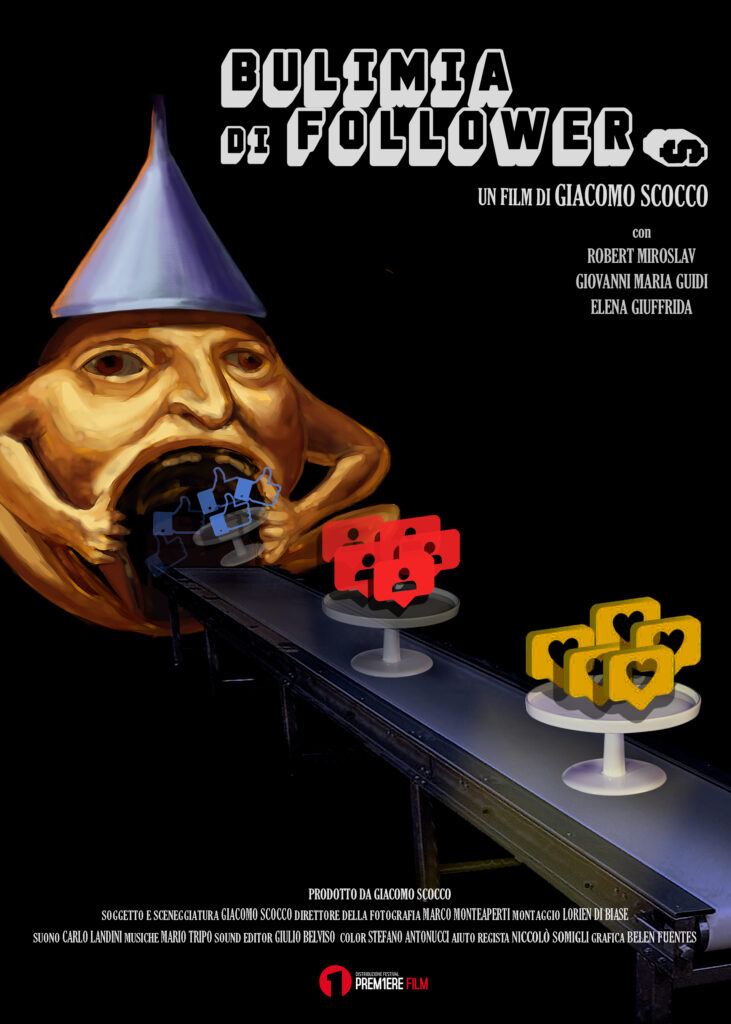

Qual è l’inquadratura/frame che più rappresenta la tua opera?
Il fattore che accomuna i tre personaggi protagonisti è la mania di riprendere tutto ciò che fanno e di condividerlo sui social. Addirittura, il personaggio di Giovanni arriverà a filmare anche la sua morte. Inoltre, sono caratterizzati da un grande ego, al punto da sviluppare dei tratti narcisisti e osservare il mondo da una prospettiva distorta.
What is the shot that represents your work?
The factor that really unites the three main characters is the manic obsession of filming everything they do and sharing it on social networks. The character of Giovanni will even get to the point of filming his own death. Furthermore, they are all characterized by a huge ego, to the point of developing narcissistic traits and seeing the world from a distorted perspective.
Questa inquadratura (rispetto alla domanda precedente), indubbiamente la più rappresentativa, coincide anche con quella che ti è piaciuto di più mettere in scena?
No, mi è piaciuto di più mettere in scena l’inquadratura in cui il personaggio di Giovanni recita la poesia di Majakovskij, in quanto era la scena più difficile da girare. Nonostante avessi fatto numerose prove con l’attore Giovanni Maria Guidi, avevo il timore che non funzionasse. Per questo motivo l’ho inserita nell’ordine del giorno come ultima scena ed è risultata buona al primo take. Evviva!
(In regards of the previous question) Does this shot, undoubtedly the most representative, also coincides with the shot you liked the most to stage?
No, I enjoyed staging the shot where John’s character recites Mayakovsky’s poem more, as it was the most difficult scene to shoot. Although I had done numerous tests with the actor Giovanni Maria Guidi, I was afraid it wouldn’t work. For this reason I had it on the agenda as the last scene to film but it turned out good in first take. Evviva!
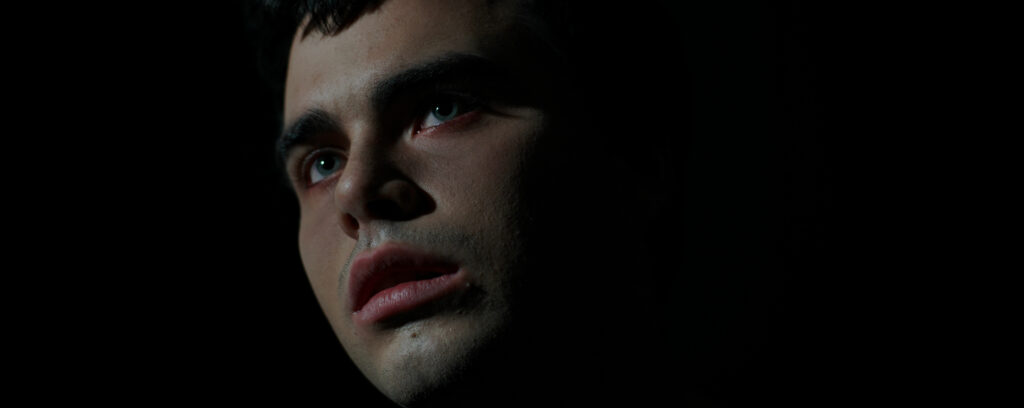

Hai sempre le idee chiare quando componi l’inquadratura?
Realizzare lo storyboard mi aiuta parecchio, anche se sono d’accordo con quello che disse Jean-Luc Godard: <<Solo girando si scoprono le cose che bisogna girare. Come in pittura, bisogna mettere un colore dopo l’altro. Dal momento che il cinema si fa con una macchina da presa, possiamo anche evitare il passaggio della carta>>.
Do you always have clearly defined ideas when composing a frame?
Creating the storyboard helps me a lot, but I agree with what Jean-Luc Godard used to say: “only by filming you can discover things to film. As in painting, you have to put strokes after strokes on paper. Considering we make films with a camera, we can just skip the paper part.”
Qual è la prima immagine che ti viene in mente pensando al Cinema?
Ho guardato “Apocalypse Now” al cinema in occasione del suo restauro, credo sia l’esperienza filmica più emozionante mai fatta.
What is the first shot that comes to your mind when thinking about cinema?
I watched “Apocalypse Now” at the cinema when they remastered it and I think it was the most emotional film experience I have ever had.


